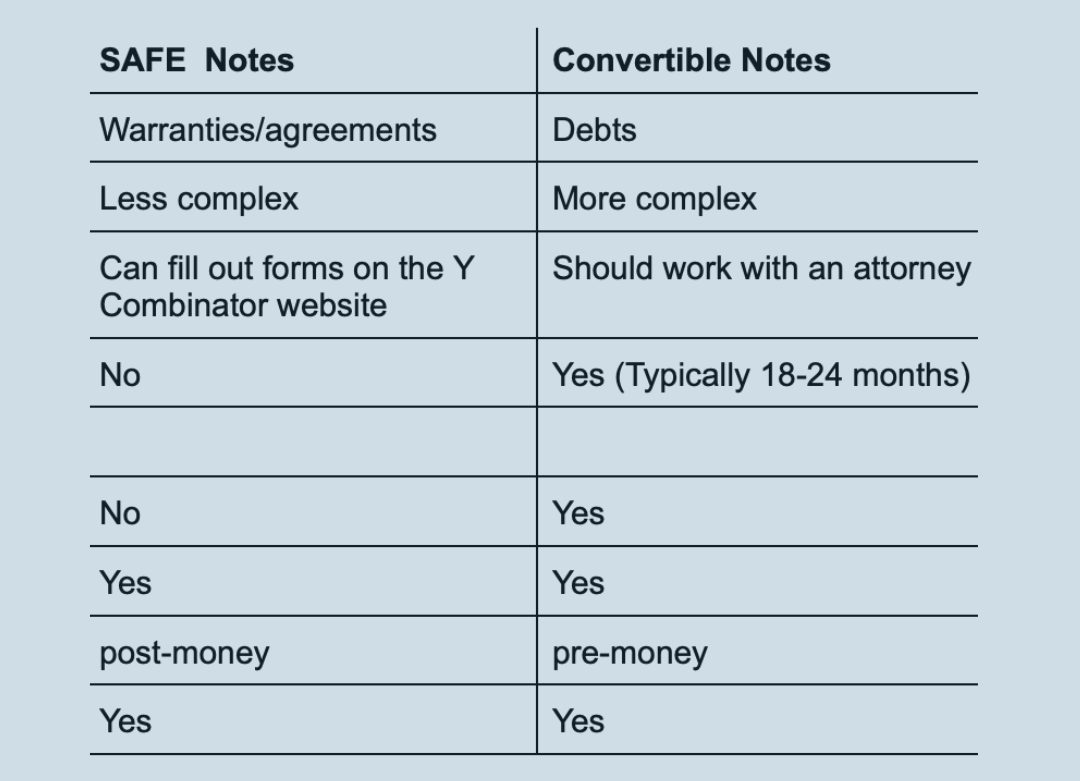Understanding 409a Valuations
A 409a valuation is crucial because it formally establishes the fair market value of your company’s shares. As long as it’s performed correctly, a 409a valuation can ensure you adhere to tax laws and help you avoid any unnecessary IRS audits that may lead to serious issues down the road. Arguably even more importantly, a 409a valuation gives your management team alternative methods for compensating key employees! By performing a 409a valuation and granting options, you can compensate hires without using up critical funds during the early stages of your company.
When to Get a 409a Valuation
A 409a valuation is a legal requirement that ensures your company is compliant with section 409a of the IRS code. There are a number of situations in which it makes sense to get a 409a valuation urgently. It’s a good idea to pursue one right away if:
- You plan to offer stock options to your employees.
- It’s been 12 or more months since your last 409a valuation.
- You’ve raised, or are in the process of raising,
new funding.
How to Get a 409a Valuation
If you’d like a 409a valuation, there are three options available to you. You can do it yourself, use a special software, or hire a firm that specializes in valuation. If you’d like to ensure you perform a 409a valuation correctly, going the professional route is your best bet. What we often find is 409a valuations done by yourself to be valued too high. The challenge with this is limited value for the employees that receive options based on this valuation. Remember, this is alternative compensation, and giving them the most value possible will ensure commitment to you and your growing company.
You’ll enjoy the peace of mind of a safe harbor protection, which means you won’t have the burden of proof during an IRS audit if your valuation is too low. You can expect a professional 409a valuation to take about a month. While the report may be completed in a few weeks, data collection and revisions will likely lengthen this process by a bit of time.
Your valuation will be good for 12 months after the date of valuation or until a major event impacts the value of your company. New rounds of funding, significant contracts, business model changes, and increased industry regulations can lead you to update prior to 12 months.
Other Blogs Related to Startup Finance





